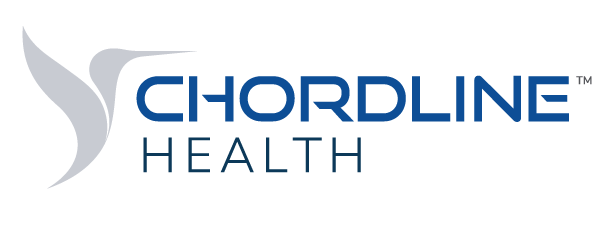
Year in Review: How 2024’s Biggest Health Trends Will Impact Care Delivery in 2025
2024 was a landmark year for healthcare, specifically when it came to the adoption of value-based care. As the Centers for Medicare & Medicaid Services (CMS) continues to push hard to move members into value-based care arrangements, health plans and managed care organizations are likewise shifting their approach and priorities.

Decreasing Prior Authorization Response Times Depends on a Data-Driven Approach
Amidst the fallout of the Change Healthcare cyberattack, there's a critical need for streamlining prior authorizations to maintain claims payments. Even prior to the attack, over 90% of physicians faced delays in patient care due to the burdensome authorization processes, with rising complaints about coverage denials. Meanwhile, scrutiny mounts on health plans relying on AI for authorization decisions.
Despite industry acknowledgment of flaws, recent efforts by the Centers for Medicare & Medicaid Services aim to establish guidelines. However, prior authorization remains crucial for cost management. Payers are advised to adopt data-driven strategies to expedite responses, enhancing efficiency and patient outcomes.

Moving Beyond the AI Hype: Why Automation and Analytics Drive True Population Health Value
Healthcare experts see AI as a game-changer in revolutionizing population health management, from predicting ED returns to empowering patients in self-managing complex conditions. However, generative AI, though touted as transformative, currently offers limited value in improving population health management and reducing healthcare costs - emphasizing the importance of data-based insights and robust predictive analytics capabilities.

Taking a Lead Role in Addressing SDOH Starts with Actionable Data
Healthcare executives see the need to tackle social determinants of health (SDOH), yet struggle to fully grasp members' social needs due to data challenges. Integrating analytics with SDOH data in clinicians' managed care workflows is key. With 52% of adults having at least one SDOH risk, addressing these factors is vital for better population health. Learn why robust analytics, clinician access to data, and comparing health risks is crucial to improved outcomes and costs.
